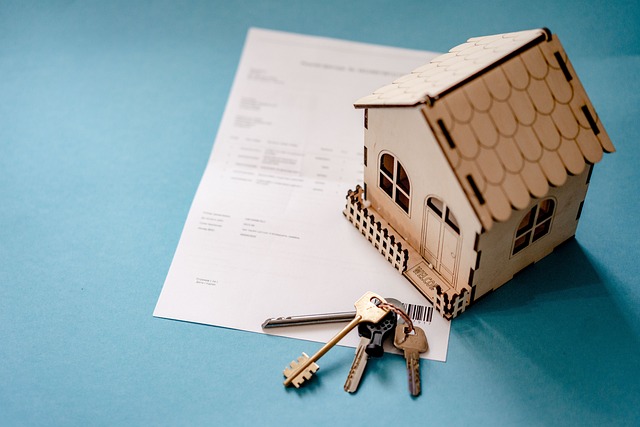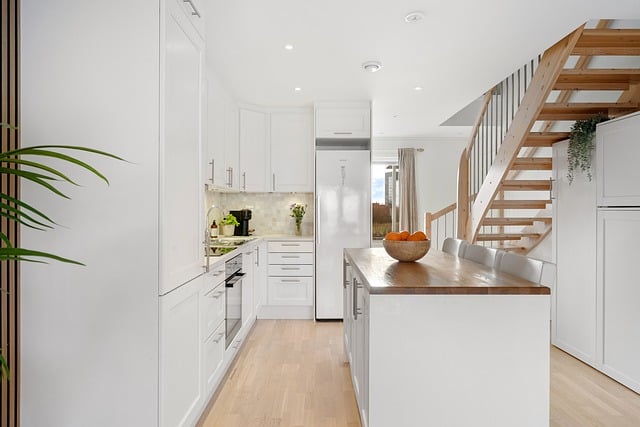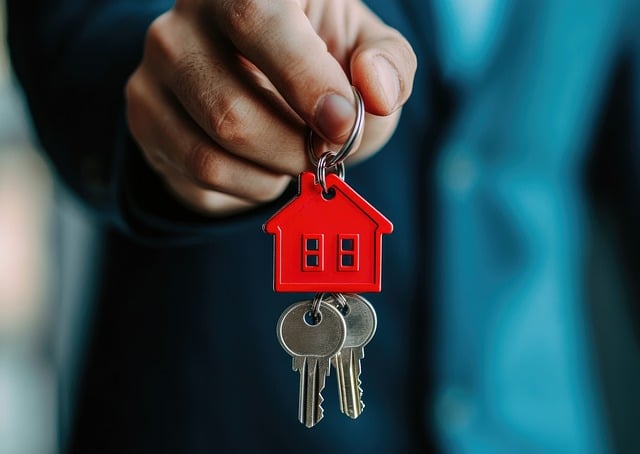The Singapore property market presents a choice between Executive Condos (ECs) and Private Condominiums, each with distinct characteristics that cater to different buyer needs and investment strategies. ECs are designed for middle-income families, offering a cost-effective entry point into high-rise living, with the Executive Condo Price influenced by location, development size, and maturity. These properties come with a 99-year leasehold tenure, contrasting with the potential freehold status of some private condos. The resale and rental value of ECs may increase after the mandatory five-year minimum occupation period due to their broader buyer pool. Private Condominiums, on the other hand, are subject to fewer regulations, leading to prices affected by factors like location, unit size, amenities, brand prestige, and market dynamics. High demand for top-tier Private Condos often drives up their prices, making them a long-term investment with inherent value appreciation. Investors should weigh the Executive Condo Price against these factors, considering market trends, development quality, and individual financial objectives to make an informed decision between these two property segments in Singapore's dynamic real estate landscape.
navigating the real estate landscape in Singapore presents discerning buyers with a choice between an Executive Condo (EC) and a Private Condominium. Both types of properties offer unique advantages and come with distinct eligibility criteria, pricing trends, and financial considerations. This article delves into the key differences between ECs and Private Condos, providing insightful analysis on market dynamics, resale and rental prospects, ownership restrictions, and cost implications. By examining Executive Condo Price alongside other factors, potential homeowners can make an informed decision tailored to their lifestyle and investment goals.
- Understanding the Market Dynamics: Executive Condo (EC) vs Private Condominium Pricing Trends
- Resale and Rental Considerations: EC vs Private Condo Opportunities and Restrictions
- Ownership and Eligibility Factors: Who Can Buy an EC vs the Open Market for Private Condos
- Financial Aspects: Comparing the Cost Implications of ECs and Private Condos, Including Executive Condo Price Fluctuations
Understanding the Market Dynamics: Executive Condo (EC) vs Private Condominium Pricing Trends

In Singapore’s vibrant property market, discerning between an Executive Condominium (EC) and a Private Condominium often hinges on understanding the unique pricing dynamics of each. Prospective buyers must consider the Executive Condo Price in relation to its features and the maturity of the project, as these factors significantly influence the price points. ECs are hybrid properties that cater to younger couples who do not necessarily meet the income criteria for a Public Housing (HDB) flat but are also not ready to commit to the higher prices of private condominiums. The pricing for ECs is regulated by government policies, which include a five-year minimum occupation period before owners can sell their units, and a cap on the income ceiling for eligible buyers. These regulations create a relatively stable market for ECs, with prices generally reflecting these constraints and the project’s age.
On the other hand, Private Condominiums operate under less regulatory oversight, allowing for a wider range of pricing influenced by factors such as location, unit size, amenities, brand reputation, and the overall state of the private residential market. Demand for Private Condos often drives prices up, especially in prime locations or developments with exclusive features. Market trends indicate that while ECs provide an affordable entry point into condominium living with the potential to upgrade to a private property later, Private Condos are typically seen as long-term investments, with their values appreciating over time. As such, potential buyers must closely monitor both market sentiments and individual project performance when considering Executive Condo Price versus Private Condominium pricing trends.
Resale and Rental Considerations: EC vs Private Condo Opportunities and Restrictions

When considering the resale and rental market for housing in Singapore, both Executive Condos (ECs) and private condominiums present unique opportunities and come with their own sets of restrictions. Executive Condos are hybrids between public and private housing, designed for couples who wish to own a flat but do not necessarily meet the criteria for a Housing & Development Board (HDB) flat. Upon completing its minimum occupation period, an EC can be sold to either Singapore citizens or permanent residents. This flexibility in the pool of potential buyers can influence the resale price and rental yield compared to private condos, which are open only to Singaporeans or foreigners with no such restrictions.
ECs also have a resale lease commencing from the date of purchase, with a maximum lease term of 99 years, as opposed to the 99-year lease or freehold status that some private condos offer. This can be a significant factor for investors considering the long-term value appreciation and rental demand. On the rental front, ECs have gained popularity due to their relatively lower entry prices compared to private condos, which are often seen as a premium housing option with typically higher price points. Executive Condo Price can vary widely depending on location, development quality, and market conditions, making them an attractive proposition for investors looking for a cost-effective entry into the property market.
Private condos, on the other hand, are not subject to the resale lease restrictions that apply to ECs. They often appeal to buyers seeking a longer-term investment or a home without such constraints. The resale and rental value of private condos can be influenced by factors such as prestige location, brand reputation of the developer, unit size, facility offerings, and overall market sentiment. Investors should consider these aspects when evaluating the potential returns from reselling or renting out a private condo. Both ECs and private condos have their pros and cons, and understanding the nuances of each will help investors make an informed decision that aligns with their financial goals and lifestyle preferences.
Ownership and Eligibility Factors: Who Can Buy an EC vs the Open Market for Private Condos

When considering the purchase of a new home, the distinction between an Executive Condominium (EC) and a private condominium in the open market is significant, particularly when it comes to ownership and eligibility factors. For Singaporean families looking to own an EC, they must meet certain criteria. These include being at least 21 years old with a maximum household income ceiling set by the Housing & Development Board (HDB). Additionally, applicants are not allowed to own another flat, whether it is a HDB flat or a private property. On the other hand, private condos on the open market cater to a wider audience, as there are no income ceilings nor total debt servicing ratio (TDSR) restrictions for Singapore Citizens. Foreigners, however, face more stringent rules with varying eligibility based on the location and type of property. The Executive Condo Price is influenced by these eligibility criteria and is typically more affordable than private condos, making them an attractive option for upgrading families. Unlike ECs, private condominiums do not have a resale limit which makes them a more liquid investment. This distinction in ownership and eligibility means that while both types of properties provide high-rise living solutions, the choice between an EC and a private condo is informed by one’s financial situation, family composition, and long-term property aspirations.
Financial Aspects: Comparing the Cost Implications of ECs and Private Condos, Including Executive Condo Price Fluctuations

When considering the financial implications of purchasing a home in Singapore, the choice between an Executive Condominium (EC) and a private condo presents distinct opportunities and challenges. Executive Condos, designed for middle-income families, offer a unique proposition with their price points and eligibility criteria. The price of ECs is influenced by various factors including location, development size, and the phase of maturity the EC has reached. Typically, ECs are more affordably priced upon launch, catering to younger couples or first-time homebuyers. However, as they age and reach the five-year mark, the value of ECs can increase towards that of a private condo, potentially offering capital appreciation for early owners.
In contrast, private condos are often situated in more prime and established locations, which can command higher prices from the outset. The pricing of these properties is less subject to the maturity-based adjustments that ECs experience but reflects market demand, property desirability, and the prestige associated with residing in a matured private estate. While the initial cost of a private condo may be higher, this segment tends to maintain its value over time, making it an attractive investment for those looking for long-term capital growth. Both ECs and private condos have their own market dynamics; however, tracking the Executive Condo Price Fluctuations requires a keen understanding of the property cycle and government policies that influence housing in Singapore. Prospective buyers must weigh these financial considerations against their personal circumstances and investment horizons before making a decision.
When considering a property purchase in Singapore’s dynamic real estate market, discerning between an Executive Condo (EC) and a Private Condominium (PC) is pivotal. This article has delved into the nuances of EC versus PC pricing trends, rental and resale opportunities with their respective restrictions, ownership eligibility criteria, and financial implications, including the volatile nature of EC prices. Prospective homeowners must weigh these factors to make an informed decision that aligns with their long-term housing objectives. Ultimately, understanding the market dynamics and financial commitments involved in each type of property will guide buyers towards a choice that best suits their lifestyle and financial plan.
